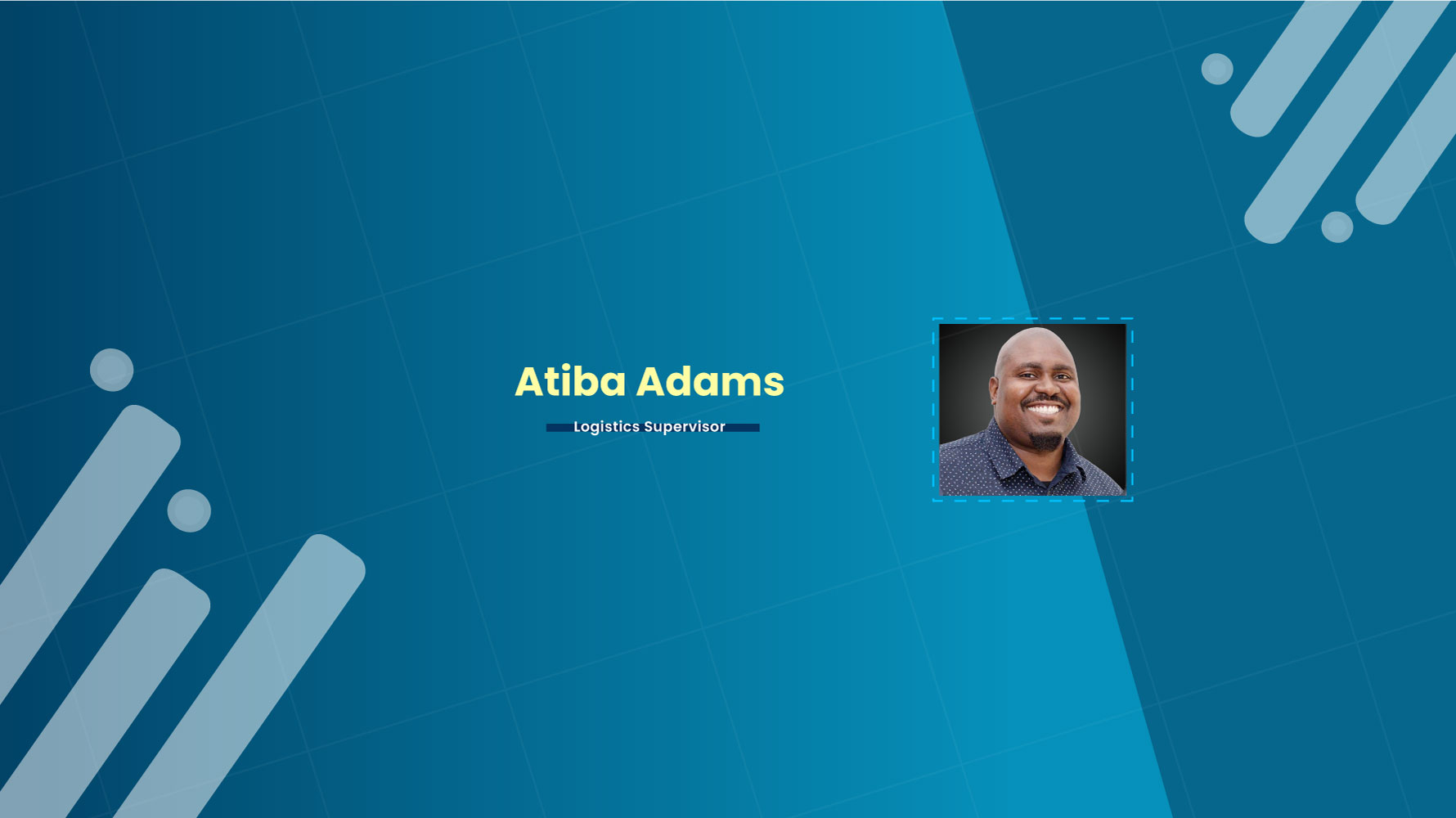
The interplay between tradition and modernity has been a perennial subject of debate and contemplation in theological discourse. As humanity traverses through epochs, theological thought evolves in tandem, shaping and being shaped by cultural, philosophical, and scientific advancements. This article delves into the fascinating journey of theological thought, exploring how it navigates the currents of tradition and modernity, ultimately seeking a harmonious synthesis.
Roots of Tradition:
The roots of theological tradition run deep, anchoring in ancient texts, rituals, and beliefs passed down through generations. From the early monotheistic traditions of Judaism to the rich tapestry of Christian theology, tradition is a foundation upon which subsequent theological frameworks are built. Ancient scriptures, such as the Hebrew Bible and the New Testament, provide the cornerstone for theological inquiry, offering insights into the nature of divinity, morality, and the human condition.
However, tradition is not static but dynamic, evolving as it encounters new cultural landscapes and intellectual paradigms. The early Church Fathers, for instance, grappled with theological concepts in light of Greco-Roman philosophy, synthesizing faith with reason to articulate doctrines such as the Trinity and the Incarnation. This fusion of tradition and intellectual inquiry laid the groundwork for the development of theology in the Middle Ages, where luminaries like Thomas Aquinas sought to reconcile Christian doctrine with the philosophical legacy of Aristotle.
The Challenge of Modernity:
The dawn of the modern era ushered in a seismic shift in human thought, challenging the certainties of tradition with the advent of empirical science, Enlightenment rationalism, and secular humanism. The Copernican revolution, Darwinian evolution, and the rise of critical historical scholarship posed formidable challenges to traditional theological frameworks, prompting theologians to engage in a vital dialogue with the emerging zeitgeist.
Amidst the tumult of modernity, theologians grappled with pressing questions regarding the compatibility of faith and reason, the nature of revelation, and the authority of sacred texts. Figures like Friedrich Schleiermacher sought to ground theology in human experience, emphasizing the subjective dimensions of religious consciousness as a response to the existential dilemmas of the modern individual. Meanwhile, amidst the existentialist turmoil of the 20th century, theologians like Paul Tillich and Karl Barth grappled with the crisis of meaning in a world stripped of transcendence, ultimately reasserting the importance of faith as a radical act of personal commitment.
Bridging the Gulf:
The tension between tradition and modernity often manifests as a perceived dichotomy between conservatism and progressivism within theological discourse. However, a deeper examination reveals that theological evolution is not a zero-sum game but a dialectical process of synthesis and transformation. The challenge lies in bridging the gulf between the enduring insights of tradition and the insights gleaned from the crucible of modernity.
One avenue for bridging this gulf is through the hermeneutical lens of interpretation. For example, the field of biblical studies employs historical-critical methods to unearth the cultural and literary contexts of ancient texts, shedding new light on their meaning and relevance for contemporary readers. Likewise, the dialogue between theology and science opens up new avenues for exploring the mysteries of creation, fostering a deeper appreciation for the interconnectedness of the natural and the divine.
Moreover, the voices of marginalized communities and alternative perspectives not only play a crucial role in enriching theological discourse but also in challenging entrenched power structures and expanding the boundaries of inclusivity. Feminist theology, liberation theology, and eco-theology, among others, offer critiques of traditional theological paradigms from the vantage point of gender, class, race, and ecology, compelling theologians to reckon with the social implications of their beliefs.
Towards a Synthesis:
As theological thought continues to evolve in the 21st century, the imperative to bridge tradition and modernity remains as urgent as ever. The challenges posed by globalization, technological innovation, and environmental degradation demand a theological response rooted in tradition and responsive to the emergent realities of our time.
In this pursuit of synthesis, theologians draw upon a diverse array of resources—from ancient wisdom traditions to contemporary philosophical insights—to construct a theological vision that speaks to the complexities of the human condition. Interfaith dialogue, interdisciplinary collaboration, and intercultural exchange catalyze mutual understanding and enrichment, transcending sectarian boundaries and fostering a more pluralistic theological landscape.
The evolution of theological thought is a dynamic and multifaceted journey characterized by the interplay of tradition and modernity. As humanity grapples with the existential challenges of our age, theology continues to serve as a guiding light, offering insights into the nature of ultimate reality and the ethical imperatives of human existence. By embracing the dialectical tension between tradition and modernity, theologians chart a course toward a more inclusive, compassionate, and intellectually vibrant theological discourse that honors the wisdom of the past while embracing the promise of the future.